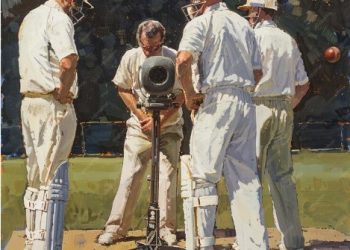Video games have become a defining part of modern culture, captivating millions of players across all ages. But what is it about gaming that keeps us hooked? The answer lies in psychology—how games are designed to tap into our motivations, reward systems, and social instincts.
The Reward Loop
One of the key psychological elements of video games is their built-in reward systems. Achievements, level-ups, and unlockable items trigger the release of dopamine, the brain’s “feel-good” chemical. This feedback loop encourages players to keep progressing, whether they’re grinding for rare loot or simply enjoying casual mobile games.
Escapism and Immersion
Games offer a unique form of escapism by allowing players to step into roles and worlds they could never experience in real life. Whether it’s exploring alien planets in Mass Effect or surviving post-apocalyptic landscapes in The Last of Us, this immersion provides a temporary break from daily routines and stress.
Social Connection in Gaming
Multiplayer titles have turned gaming into a social experience. Friends and strangers alike gather in virtual worlds to collaborate, compete, and build communities. This sense of connection can be especially important for people seeking meaningful social interaction in an increasingly digital society.
The Role of Competition
For many players, competition fuels excitement. From ranked matches in Valorant to eSports tournaments with massive audiences, competitive gaming satisfies our innate drive to test our skills and prove ourselves. Platforms such as rajamenang underscore how gaming ecosystems leverage competition to maintain engagement.
Cognitive and Emotional Benefits
Interestingly, studies have shown that gaming can enhance focus, decision-making, and multitasking abilities. Story-driven titles can even evoke strong emotional responses, making players reflect on morality, empathy, and consequences within fictional worlds.
Why This Matters
Understanding the psychology of video games helps us see why they’re so much more than idle pastimes. They combine entertainment, community, and personal growth in ways that traditional media cannot match, making them a powerful force in modern society.












